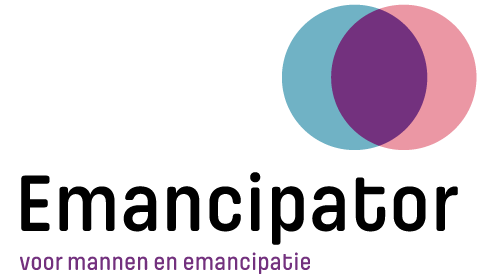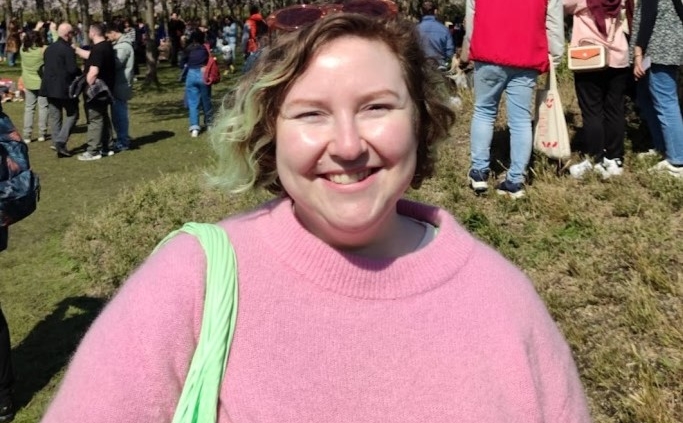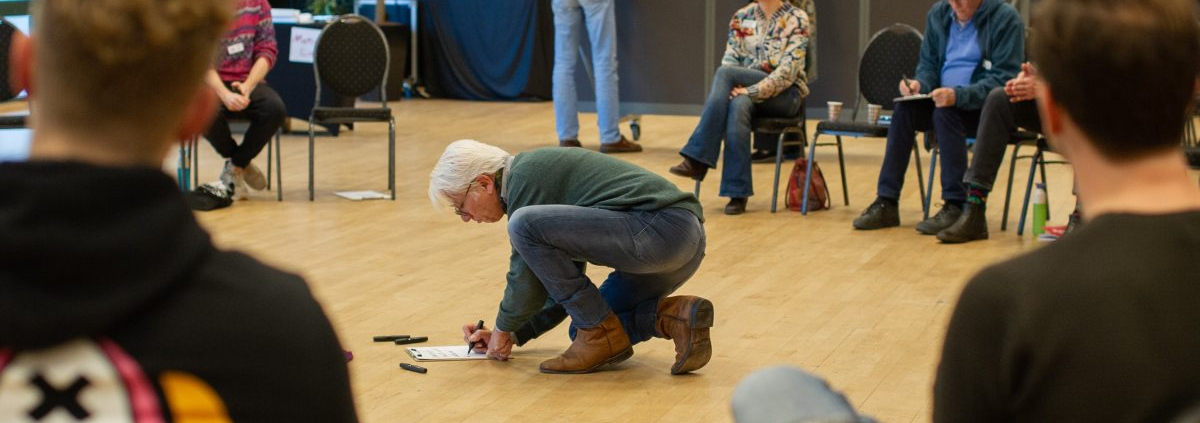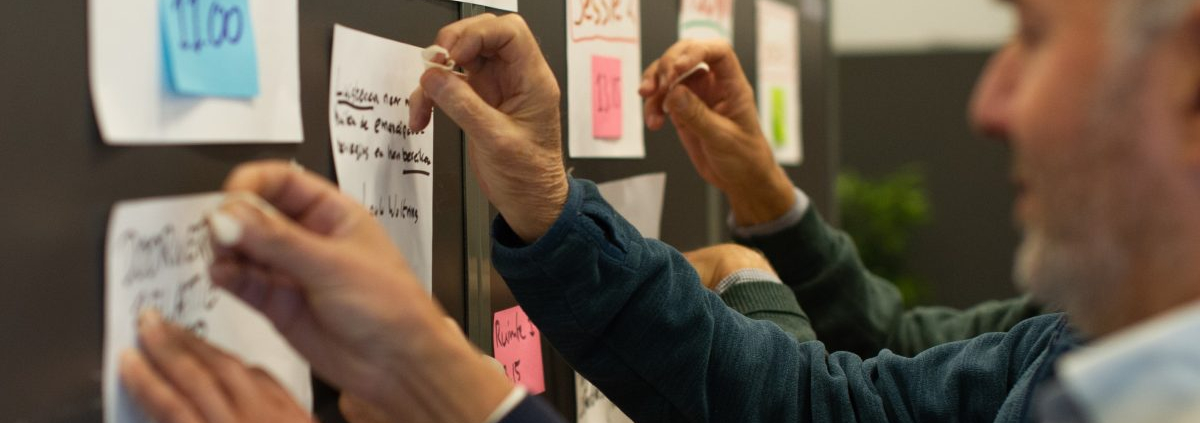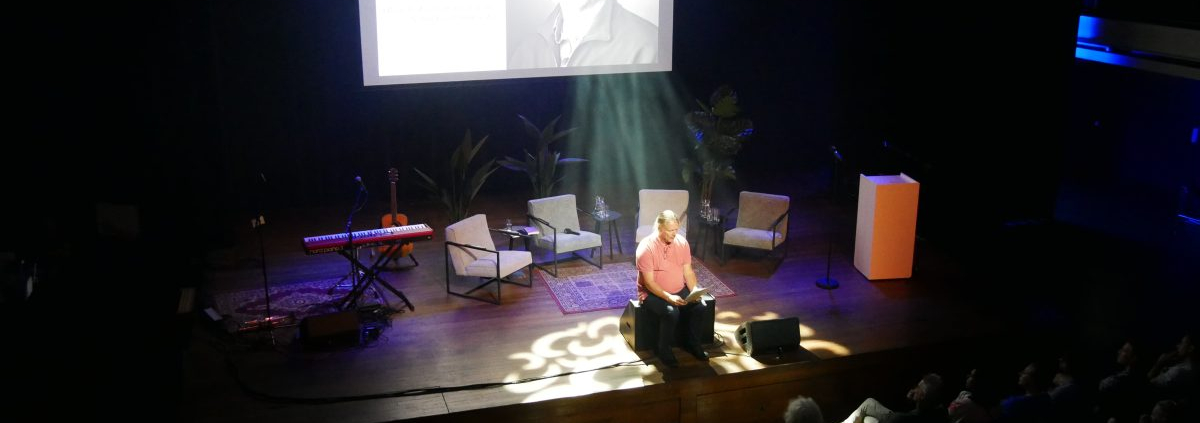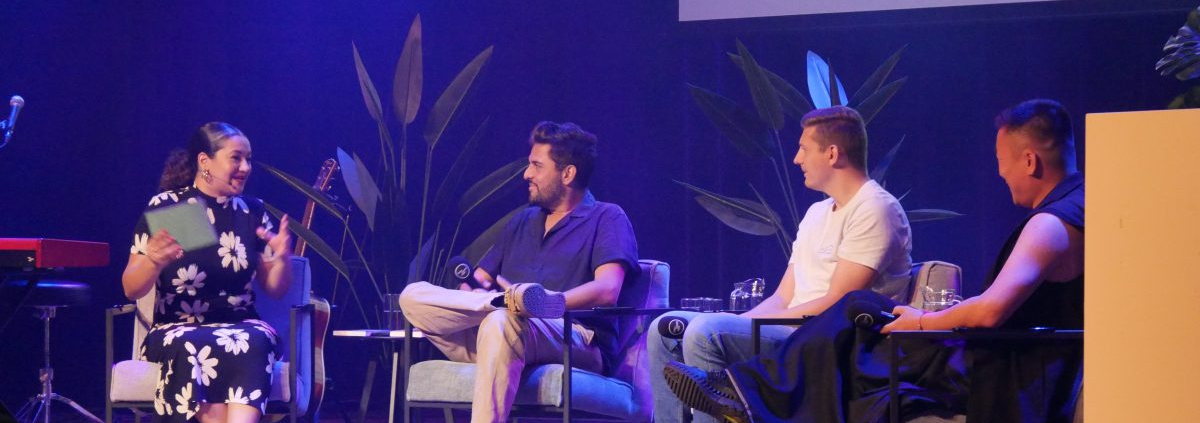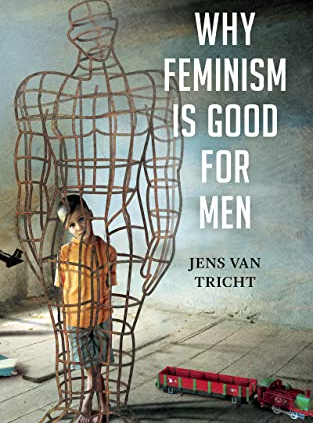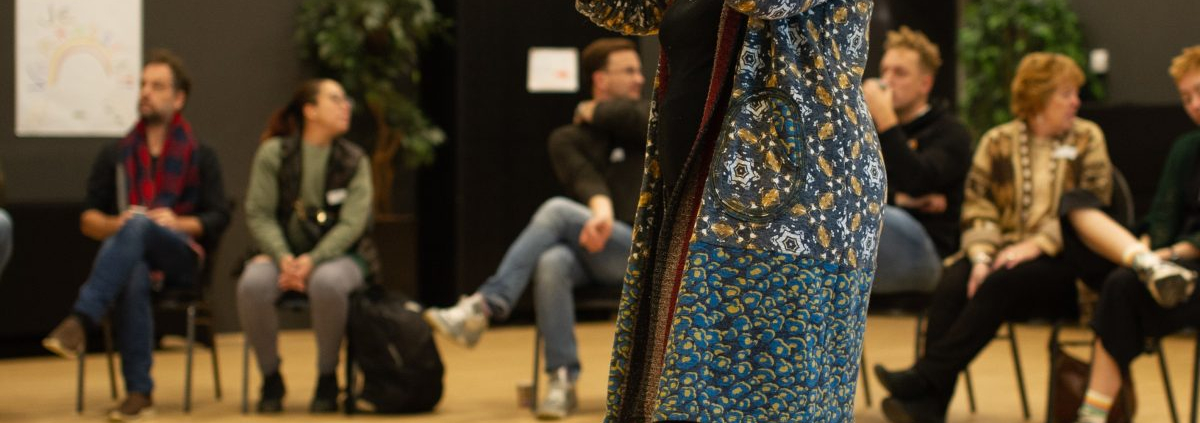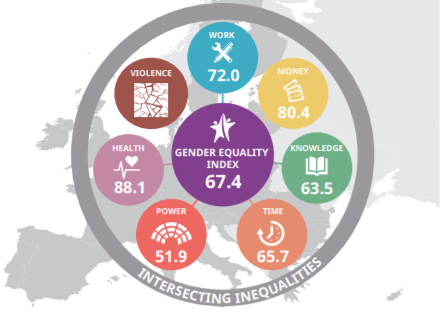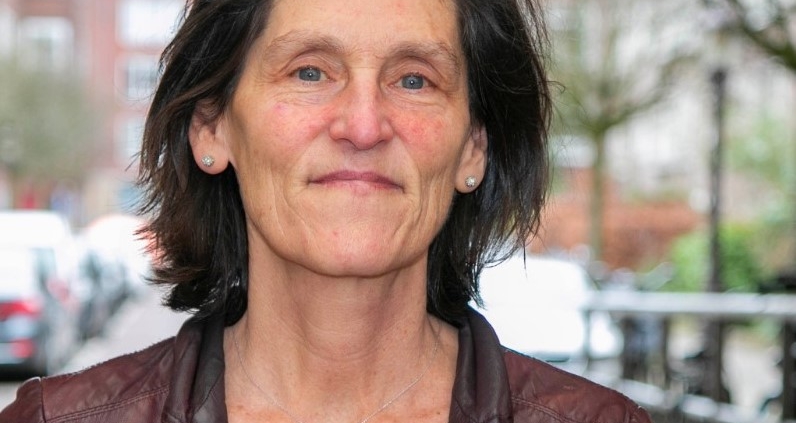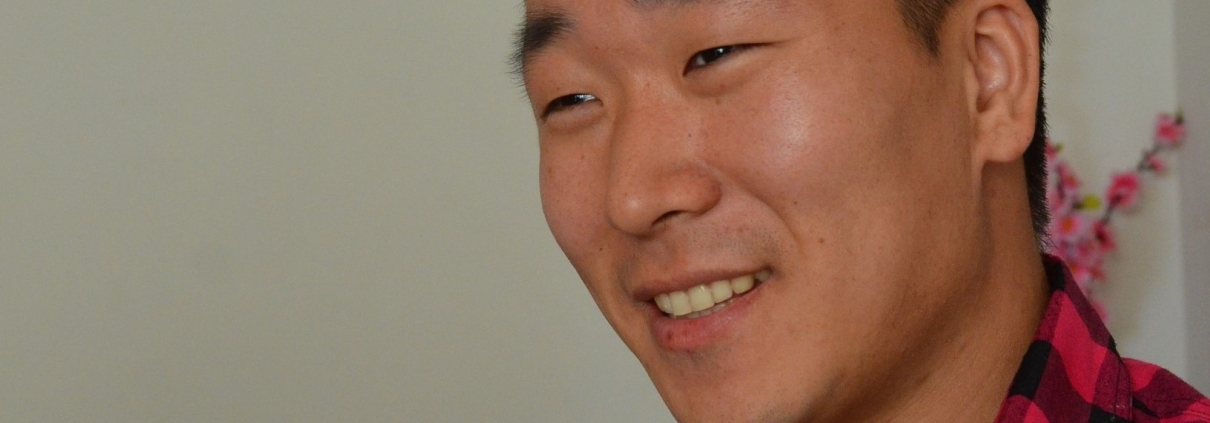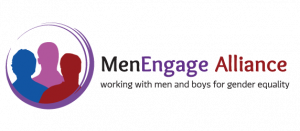Although International Women’s Day took place on March 8, Kevin believes it should be International Women’s Day every day as long as inequality, sexism and oppression is still real.
We men need to be better, so much better than we have been thus far, if we’re serious about gender parity. The reality is that we are so ridiculously far behind on anywhere near gender parity. Meaning us men have to take responsibility for closing the gap!
Part of the problem is that not enough men are actively working on a better-balanced world. We men cannot stand on the sideline and wait for women to advance the women’s agenda. We are the ones who hold power, we are the ones who have created a system that gives men power, we are the ones who stay in power, and we are the ones who need to share that power.
So to honor #IWD 2019, here’s a list of everyday things (in random order) we men can do in order not just to be a feminist in thoughts, but to be a feminist in actions…
1. REFLECT ON YOUR BIASES & BEHAVIOUR
Let’s start with a really hard one. Even the most well-intentioned men cannot escape biases that have been shaped through a centuries’ old patriarchy. Chances are, no matter how much we claim to be pro-equality, our actions and inactions have probably led and are at times leading to a worsening of the status quo.
In the fight for gender equality, it’s not the openly sexist that are the biggest obstacle. The biggest obstacle in the fight for equality are men who call themselves feminist and promoters of equality, unaware how their behaviors are contributing to more inequality.
Honestly reflect on, as a starting point, these questions:
-How have, and are my behaviors limiting women? (E.g. not speaking out when seeing sexism, interrupting women more often than interrupting men)
-How are my compliments, no matter how well-intentioned, perhaps contributing to sexism? (E.g. complimenting women on their looks, while complimenting men on their skills)
-What do I believe about domestic work division? Do my actions support equal opportunity at home.
2. ADMIT GUILT & CHANGE THE NARRATIVE
Great to see many men appreciating women today, and many men saying that sexism is bad. It’s not as if women haven’t been saying this for forever (sarcasm).
So many men teach the talk, and preach the walk, but refuse to look in the mirror. If all you have to say is “Sexism is bad” and “I appreciate you women”, then you’re not contributing to a different narrative.
We men have to change our narrative, among us men, and in today’s society. And it starts with looking in the mirror and admitting guilt, admitting our privilege. Just because we admit guilt, doesn’t mean we’re bad people, but it means that we can start using our privilege in much more powerful ways.
If you’re serious in advancing gender parity, then use today to have an honest look in the mirror!! Here are some prompts to get you started:
-Think about how action and inaction are choices in either disrupting or keeping alive inequality. Then think about times when you took action to contribute to equality, and moments when you have failed to take action and inadvertently contributed to inequality.
-Think back to the moment in your life that you became aware that gender inequality is real. How did you behave before that moment? How did you behave after that realization?
-What negative thoughts/beliefs/stereotypes did you hold about women? And why? What made you change your beliefs?
-Reflect on all the ways you are benefiting from being a man in today’s society.
3. LISTEN
Women are too often ignored, interrupted and not taken seriously. We men need to listen more and better, listen to women opening up about sexism and abuse, listen to women who share ideas at work, listen to women who call us out when we’re being sexist, listen to women; period.
At work we men interrupt women more frequently than other men, it’s called ‘mansplaining’, and it’s rooted in a bias that we think we know better. Women sharing ideas at work are often overlooked and ignored. If we don’t start listening better, we’re not helping women advance; we’re not learning anything about the patriarchy and sexism.
It’s very simply, in our daily interactions, we men can shut up and listen.
This also means, don’t compare your male privileged experience when women speak about the discrimination they face, don’t say things like “I grew up poor”, “I get discriminated for being short”, just don’t! Making it about you stops any constructive conversation from happening, resist the urge and listen.
4. BE AN EQUAL PARTNER AT HOME
One of the biggest unaddressed barriers for women to advance in the workplace is how we treat domestic responsibilities. Around the world women are taking on more (full-time jobs) while still running the majority of domestic responsibilities.
If we men are serious about helping women advance, we need to take on more responsibility at home, we need to share in the work that goes in to managing a household. We cannot expect women to hold a full-time job at work and at home, while we are only holding a full-time job at work.
Having grown up in a family where as a kid I was expected to help out with household responsibilities, I know how much time it takes. And I also know how easy it is to fall into old patterns of thinking that dictate women will take care of it.
Equality, gender parity, equal opportunity, all need to be addressed everywhere; not just at work.
5. EDUCATE YOURSELF
Women already face discrimination everywhere, at work, at home, out on the streets, public places… And on top of that they also face the burden of having to educate men who continue to be baffled by the experience’s women face every day. Don’t be that man who puts that extra burden on women, don’t be that man who thinks he knows everything about sexism when in truth you don’t know shit. Instead educate yourself. If you are serious about wanting to advance the women’s agenda, then start reading more about sexism, patriarchy, everyday gender discrimination.
If you don’t know where to start, let me suggest some books I’ve read and found confronting and insightful:
-Drop the ball – Tiffany Dufu
-The end of men – Hanna Roisin
-The descent of man – Greyson Perry
-The war on women – Sue Lloyd-Roberts
-We should all be feminists – Chimanda Ngozi Adichie
-The Paula principle – Tom Schuller
-Women & power – Mary Beard
-The good immigrant – Nikesh Shukla
-Why I’m no longer talking to white people about race – Reni Eddo-Lodge
-White fragility – Robin DiAngelo
-Misogynation – Laura Bates
-Everyday sexsim – Laura Bates
-Men explain things to me – Rebecca Solnit
-Poetry by: Andrea Gibson, Rupi Kaur, Guante, Rachel Wiley
6. SPEAK OUT
Whenever you see sexism happening, speak out!! I know it’s fucking difficult to do so, because I often fail at this, and yet, I need to speak out more if I am serious about gender parity.
Silence always sides with the oppressor.
Taking a neutral stance always supports the oppressor.
Not saying anything because it doesn’t affect you empowers the oppressor.
We cannot claim to be pro-equality, and as soon as we see sexism happen turn a blind eye. A sexist joke isn’t innocent; it confirms a system of oppression.
7. BE MINDFUL OF LANGUAGE
Language shapes our reality. And our language is pro-male oriented. We easily say things like:
“You’re a pussy”
“You fight like a girl”
“Grow a pair” or “You’ve got balls”
And that’s just three examples of a sickening amount language that suggest male qualities to be superior over female qualities.
Our language subconsciously shapes our attitude, our beliefs, and our way of looking at the world. We need to choose our words more carefully if we want it to represent a more just, fair, and equal world for women.
8. GET IN TOUCH WITH & EXPRESS YOUR FEELINGS
That men are less emotional than women is a narrative we keep telling ourselves without challenging this. As babies we never knew that there’s a different way we have to go about feelings, but while growing up we are bombarded with messages that shape our beliefs…
‘Man up!’
‘Feelings are for pussies’
‘Don’t be so gay’
‘Real men don’t cry’
As babies, we men cried, we screamed, we made sure we expressed our needs in whatever way we were capable of. The fact that we live in a society that keeps telling men to hold back their feelings is a big obstacle in gender equality. As much as gender discrimination might be considered a women’s issue, it’s very much a men’s issue too, or better said; a society’s issue.
If we can allow ourselves to be more vulnerable, allow ourselves to open up about all the toxic ways our society is negatively affecting men’s mental and emotional health, we will contribute to breaking down the patriarchy, and in doing so, allow women to thrive as well as men to stay healthy.
9. SPONSOR WOMEN
When we are asked to recommend people, it’s easy to immediately think of men, as we men are over-represented in many areas of life. So next time if you’re asked to suggest a good MC, speaker for an event, Team Leader, coach, scientist, author, poet etc. instead of immediately going to your go-to list of men, take a conscious moment and think of women you could suggest. One problem in women advancing is when we don’t give them the exposure; it’s double hard for women to advance.
So, let’s become active advocates of women role models, because they are there!!
10. BE MINDFUL OF THE SPACE YOU TAKE
Whether it’s physical or verbal. Men are often socialized to take the lead, be outspoken, grab the spotlights. Women take less space, so share the space fairly. Women, for various reasons, are more likely to have their contributions minimized or ignored. By promoting women’s contributions and giving credit, men can use their privileges to take women’s contributions more visible in order to amplify women’s voices.
11. DEMAND CHANGE FROM YOUR EMPLOYER
When Ashton Kutcher wrote on social media that it’s ridiculous that male bathrooms didn’t have a diaper change area, and he challenged the biased architecture, some major companies took this to heart and immediately made work of it. Because men tend to be heard more loudly and seriously than women (see section 1), we men have a lot of power in shaping the agendas of the organizations we work for.
Let’s use our voices to actively call for our employers to be serious about equal opportunity.
12. TRULY APOLOGISE
We men will screw up; often this will happen not because we want to, simply because we are not aware of our biases. If we are lucky there will be women (or men) who will call us out on our mistakes. Let’s change this idea of ‘Being a man’ to mean that we take full responsibility, meaning that we truly apologize. Not those fake apologies where we still point fingers and run away from responsibility, but real apologies.
“I am sorry that I behaved in ways that hurt you, for not realizing my sexist biases and behaviors, you should expect better from me and I will educate myself so that I prevent this from happening in the future! What can I do right now to make this better?”
instead of
“I am sorry for my behavior, but I grew up in an age where this was the norm”
This is bullshit as we don’t take responsibility and in fact turn ourselves into a victim by blaming society for your behavior.
13. ASK QUESTIONS
And finally, we men can ask more questions to women.
Questions to better understand their challenges.
Questions to better understand our responsibility.
Questions to better understand our biases.
Questions to better understand how we can be an ally in the fight for equality.
